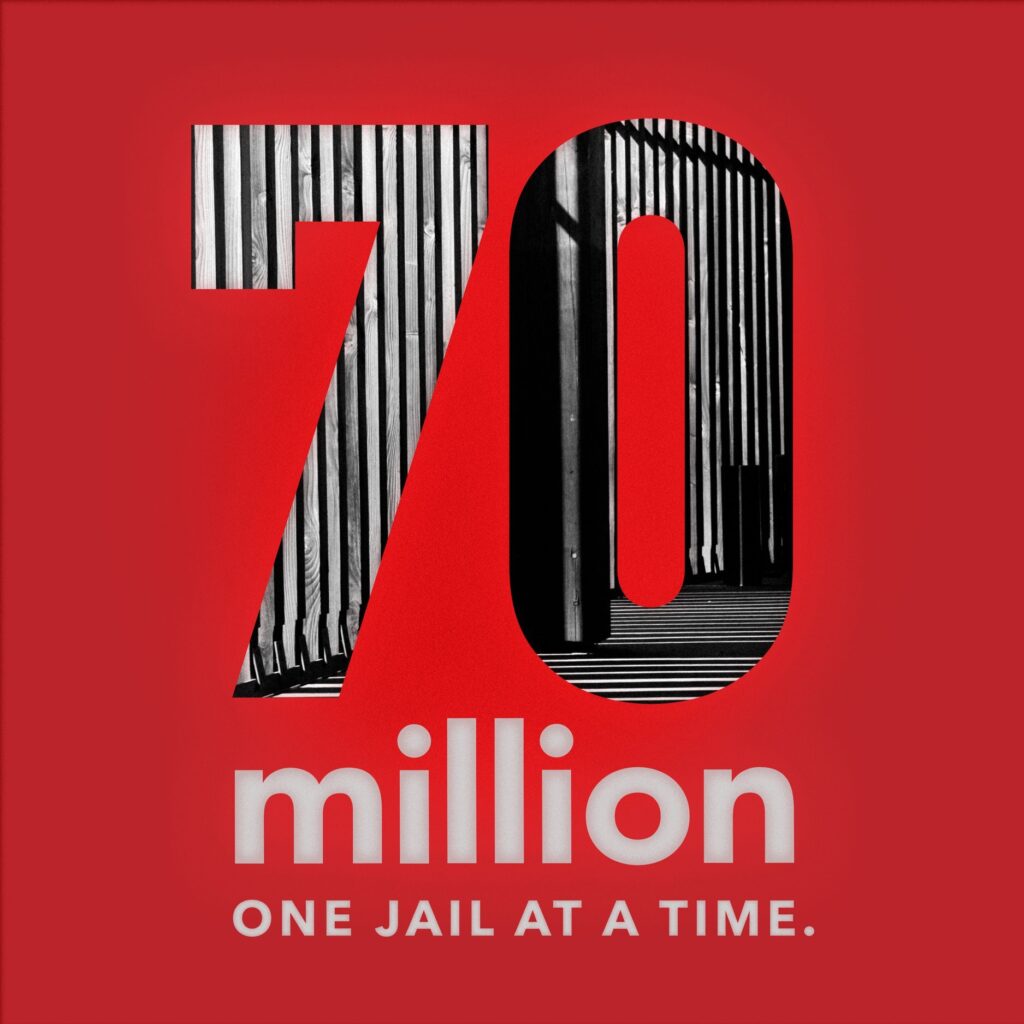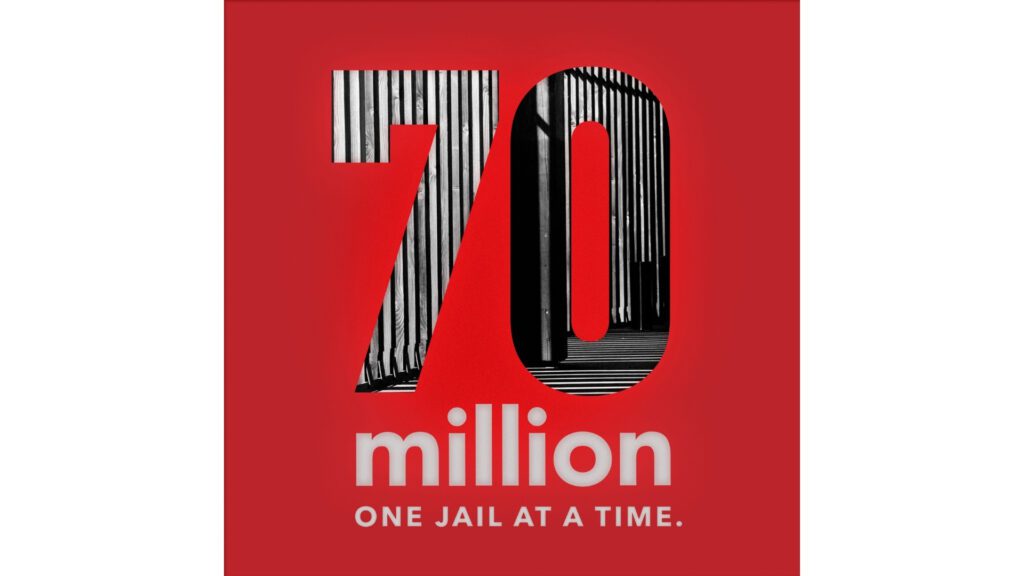

PodMov Daily: Monday, October 12
Episode 304: Your Monday Mix

Do Reviews in Apple Podcasts Have a Utility Problem?
Reviews in Apple Podcasts need to evolve, says Tanner Campbell, founder and CEO of Portland Pod. With support from colleagues Evo Terra and Steve Stewart, Campbell presents the case in an open letter to Apple: The solution to the current system’s many flaws is to kill off both written reviews and negative ratings.
“The first problem is that we cannot be certain of the positive utility of reviews,” Campbell writes. Essentially, reviews accomplish little while fostering negative feedback with outsize influence. He outlines the reasons they fail to serve podcasters and listeners, and then offers his mock up of a better alternative.
There are no stars and no comments. Just the number of subscribers and the option to ‘love’ a show. (Users can see how many others tapped the heart icon.) “The subscriber count can be fed by Apple’s own native metrics […] and this way of “rating” podcasts create a much more pleasant experience for all involved.”
Opinion: The Responsibility in Joe Rogan's Enormous Reach
Joe Rogan’s “giant cultural footprint” necessitates better fact-checking, writes Arman Badrei of Princeton University. What happens when entertainment becomes an information source? “Precisely because his fans believe almost every word he says, his ability to unintentionally deceive a massive audience is huge.”
With an average of 190 million monthly downloads, The Joe Rogan Experience reaches more people than any single news channel. As he continues to interview politically adjacent guests, not to mention conspiracy theorists like Alex Jones, the impact of Rogan’s lax approach grows along with his fanbase.
It’s not that the freewheeling demigod doesn’t try. “He generally does hold himself to a high standard and has described himself as his own harshest critic,” Badrei points out. “Rogan should not be faulted for becoming one of the top podcasters in the country, but with great power comes great responsibility.”

70 Million: The Peabody-Nominated Podcast Returns
The critically-acclaimed 70 Million podcast has begun its third season. A Lantigua Williams & Co. original, it examines American criminal justice reform by reporting on the role of jails.
70 Million focuses on what communities directly impacted by the bail system, racialized policing, and the school-to-prison pipeline are doing. This season, reporters investigate the impact of COVID-19 on those in custody, Native American approaches to punishment and rehabilitation, and lessons from Hep-C containment behind bars, among other topics.
As an open-source podcast, 70 Million empowers listeners to engage with annotated transcripts, toolkits, and other resources. Listen and learn. Subscribe to 70 Million wherever you get your podcasts.
Here's what else is going on:
- Of course: “It is now confirmed that Amazon acquired the Podcast.com domain name,” says Elliot Silver of Domain Investing. In June 2019 it had been transferred to a private service. Both Podcast.com and Podcasting.com forward to a page within Audible’s website.
- Positive ID: “Make a name for yourself,” Edison Research SVP Tom Webster tells podcasters. “There are legions of podcasts out there with essentially the same name, and podcast search engines choke on them.” Too many similar results will make listeners give up fast.
- Quick study: For prolific podcaster Guy Raz, interview prep “can take seven or eight hours or more.” Before sitting down with an entrepreneur for How I Built This, he reads what’s “usually a 20-page (minimum) document” full of articles and a biography, plus their book.
- Real talk: Tomorrow at 2:00 pm ET, NPR and Edison Research will present findings from the second annual Spoken Word Audio Report. The free webinar explores why and how Americans’ listening behavior has changed, including increased time spent with spoken word audio.







Join the Movement